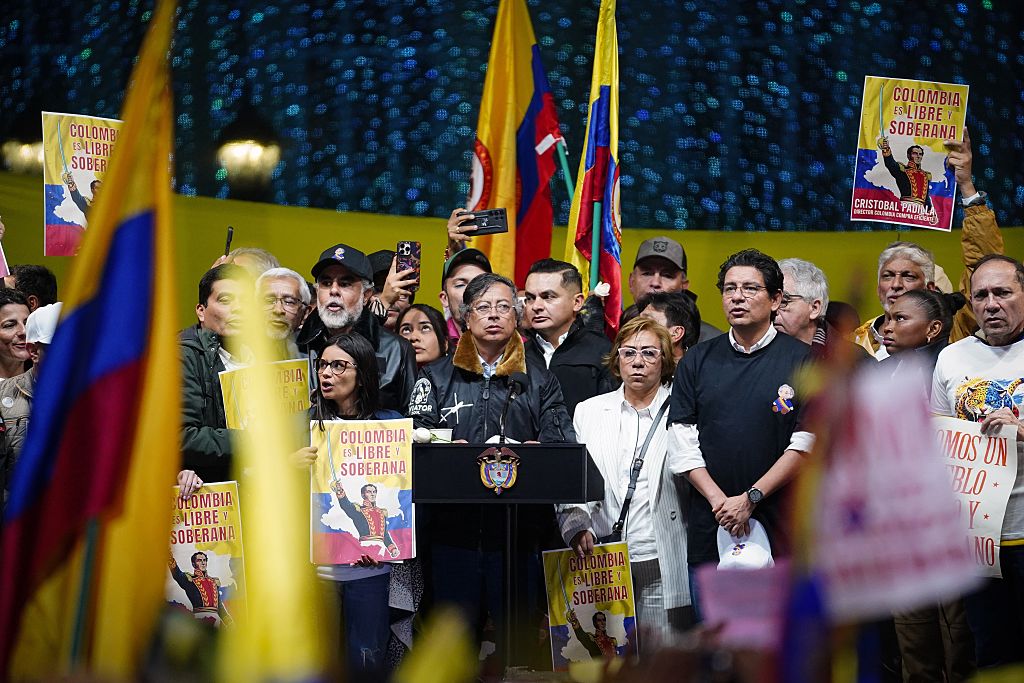Paying the Price of Equity in Colombia
Paying the Price of Equity in Colombia
A new study finds that citizens’ willingness to pay additional taxes for the purpose of improving equality is tied to overall support of state intervention.
Latin America is one of the most unequal regions in the world. Colombia, Brazil and Mexico rank as three of the world’s four most unequal countries. And in Colombia, according to The Economist, the top-income quintile earns 25 times that of the lowest quintile.
Social policies promoted by the state may be the principal vehicle for neutralizing this problem.
But the recent global economic crisis has challenged the response capacity of public agencies, increased demand for assistance and affected personal economic conditions across Latin America. In the Colombian context, the economic crisis was not as severe as in other countries. Still, the economic contraction plus recent reforms promoting the reparation of armed conflict victims; assistance to populations affected by recent floods; and making fiscal sustainability a constitutional principle have all put pressure on the state’s ability to respond.
To overcome these pressures, new sources of income are needed. Taxation is often noted as an answer, but it is also generally receives some resistance. So AmericasBarometer asked: who would be willing to pay more taxes to fund social assistance programs? This is not a new issue for Colombians. Individuals’ willingness to pay additional taxes was tested when in 2002 Bogotá Mayor Antanas Mockus promoted a voluntary additional 10 percent property tax, receiving the compliance of about 63,000 taxpayers.
Read the full text on AmericasQuarterly.org.
Juan Camilo Plata is a researcher for the Latin American Public Opinion Project at Vanderbilt University.








